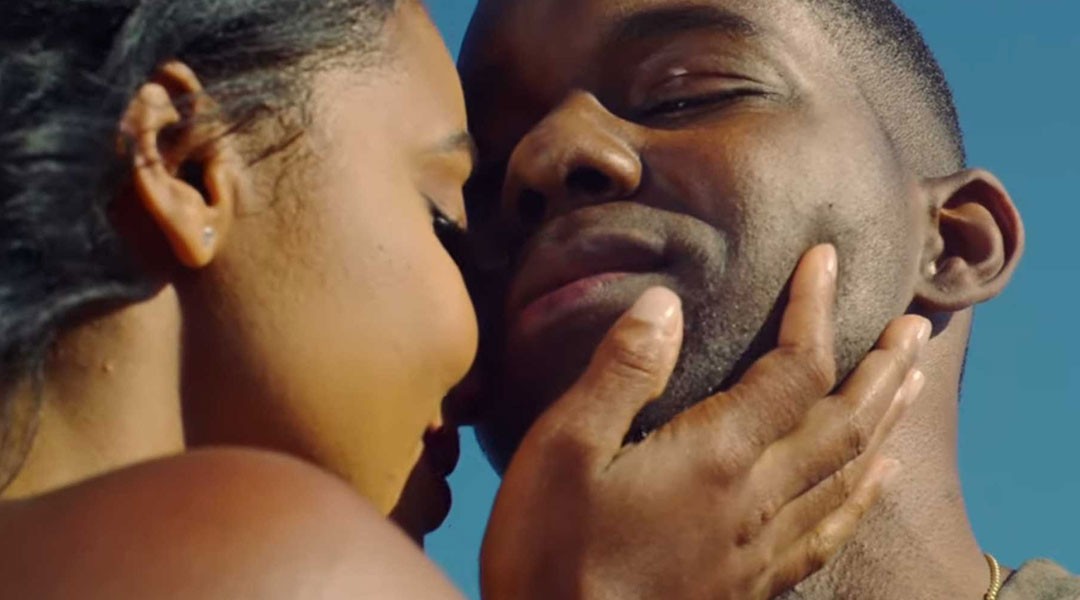
The Story of TherapyFILM
Therapy is a short film about love and therapy. The film portrays a man who attends therapy with the hope of getting over the trauma caused by his previous relationship. This film delves deep into the psyche of its main character (Jonathan), employing drama to merge a masterful tale of human interaction that leaves a permanent mark on everyone who views it. The movie brings the sweet sincerity of classic soul to the swag-branded strains of techno-pop.
The inspiration for Therapy stems from Barachi’s music videos. Lindsay Guión, the Executive Producer of the film, takes Barachi’s visual album and turns it into a thrilling storyline while sticking to the central premise of a black man who isn’t afraid to go to therapy. After a bad breakup, the grief that Jonathan experienced left him in despair and led him to isolate himself. However, because he wants to be happy, he seeks the help of a therapist to guide him down the road.
Jonathan’s course of action teaches us that therapy shouldn’t be limited to a particular race; instead, it should be available for everyone’s benefit. It also shows that we should accept our emotions instead of rejecting or suppressing them. The motivation for this movie comes from Lindsay Guión’s own experience of a breakup. During this period, he observed how culturally, people of color see going to therapy as a sign of weakness. So, he made it his mission to create a film that shows how Therapy is a necessary service for good mental health and well-being for people of color, as therapists can help them explore their thoughts and feelings and address areas of concern.
Unlike other movies where the therapist is the protagonist, the main character of this movie is therapy itself. The therapist is only there to provide guidance. The film is unique because it invites the audience into the story of a vulnerable black man that goes into Therapy to seek help. This film is a story the world has not seen much of, as black people and African Americans are less likely to go to Therapy because of preconceived notions.
The universal theme is that everyone, regardless of race, needs therapy at some point in their lives and shouldn’t feel embarrassed to ask for help. Therapy offers the value of self-worth. It shows that you don’t have to be so proud that you think you can do everything yourself. Being strong no longer means suffering in your silence. Strength is creating an abode in yourself that you thrive in and teaching the next generations that taking care of yourself is the true testament of strength.
This story promotes the representation of people of color healing themselves through therapy, which is essential and something that needs to be discussed more often. This film will have achieved its goals if even one audience seeks Therapy of any kind and prevent the rising problem of depression. Just openly discussing therapy for the black community with a broad audience makes us feel that we’ve already achieved our goal.
